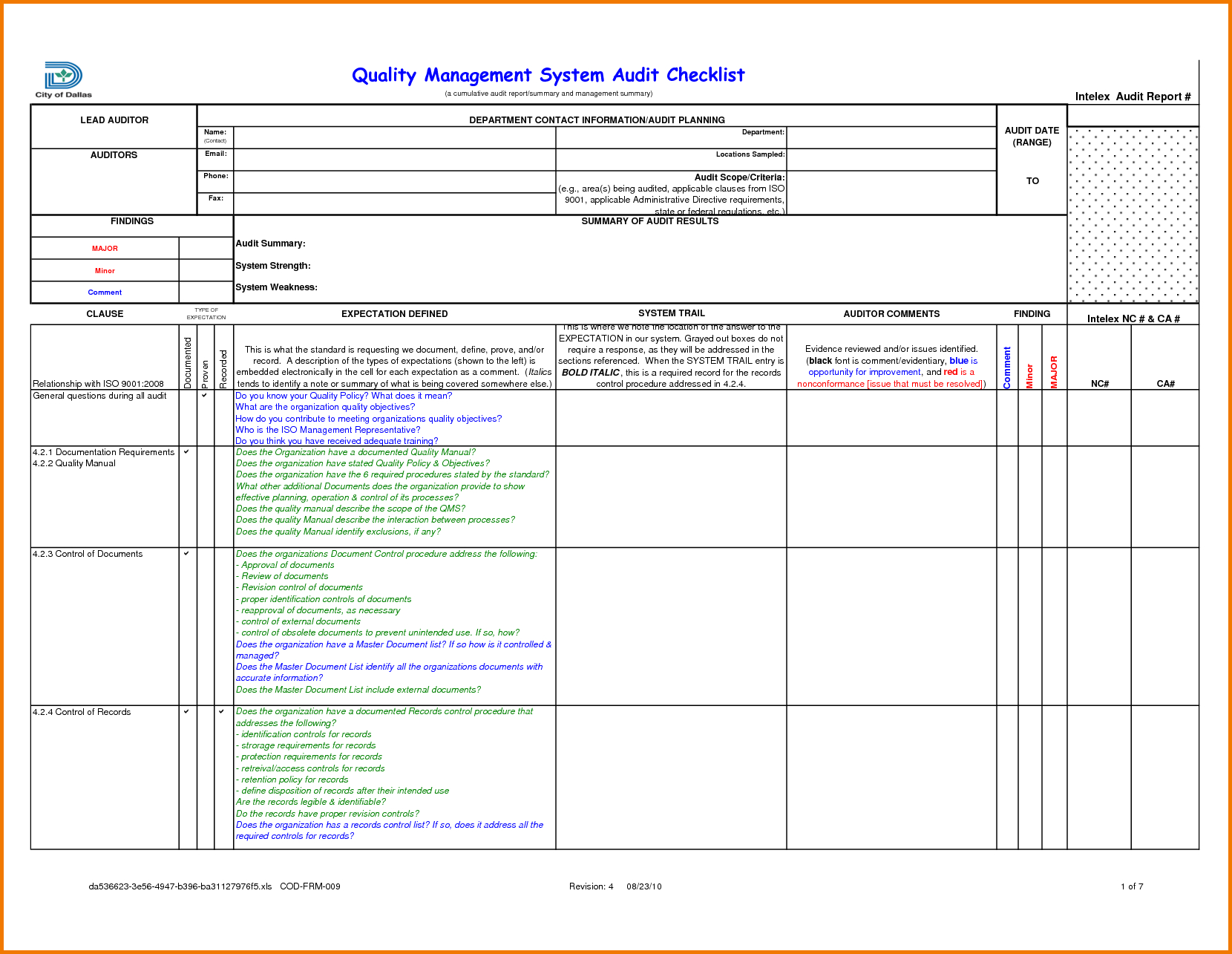


Reprimands for MPs who criticised the committee? They added that if “it subsequently emerges that Mr Johnson’s explanations are not true, then he may have committed a further contempt”.Įlsewhere, a footnote says that if WhatsApp messages handed by Johnson to the public inquiry into Covid contain relevant material, “this would be a serious matter which the house might need to revisit”. The committee said they did not want to delay their findings, and so accepted Johnson’s assurances that there was no wrongdoing. Photograph: Justin Tallis/AP Johnson could face a new contempt inquiryĭuring the writing of the report, details emerged of alleged lockdown-breaking parties at No 10 and at Chequers, the prime ministerial country retreat. The committee said there is no precedent for a PM to have misled the house. He misled the committee in the presentation of his evidence.īoris Johnson during a news conference in January 2021.

His defence to the allegation that he misled was an ex post facto justification and no more than an artifice. He declined our invitation to reconsider his assertions that what he said to the house was truthful. He misled the house on an issue of the greatest importance to the house and to the public, and did so repeatedly. There is no precedent for a prime minister having been found to have deliberately misled the house. The contempt was all the more serious because it was committed by the prime minister, the most senior member of the government. Sixty pages into the report is arguably the central section, summing up what Johnson did and why it matters: The last MP to be expelled was Labour’s Garry Allighan in 1947, after he sold information about private party meetings to journalists and then lied about it. Minutes of the committee’s final pre-publication meeting on 13 June show that two MPs – Labour’s Yvonne Fovargue and Allan Dorans of the SNP – sought to amend the punishment so Johnson was expelled altogether from parliament. The committee has recommended that he should not be given a pass allowing him access to parliament as an ex-MP, a traditional privilege. This was increased after Johnson’s letter resigning as an MP on Friday revealed parts of the findings and condemned the process as unfair and biased. The original recommendation was to have been a 20-day suspension, still greater than the 10-day minimum for a possible byelection. If Johnson had not resigned as an MP, the committee would have recommended a 90-day suspension from parliament – extremely long, and well beyond the threshold needed for his constituents to have sought a byelection. “Impugning” the committee, and thus parliamentary processes.Ĭomplicity in a “campaign of abuse and attempted intimidation of the committee”. Johnson was found to have committed five serious offences:ĭeliberately misleading the Commons when he repeatedly said that either no Covid rules were broken, or that he had been assured none were broken.ĭeliberately misleading the privileges committee when he reiterated the same argument.īreaching confidence by leaking part of the report in advance in his letter last Friday when he announced his departure as an MP.


 0 kommentar(er)
0 kommentar(er)
